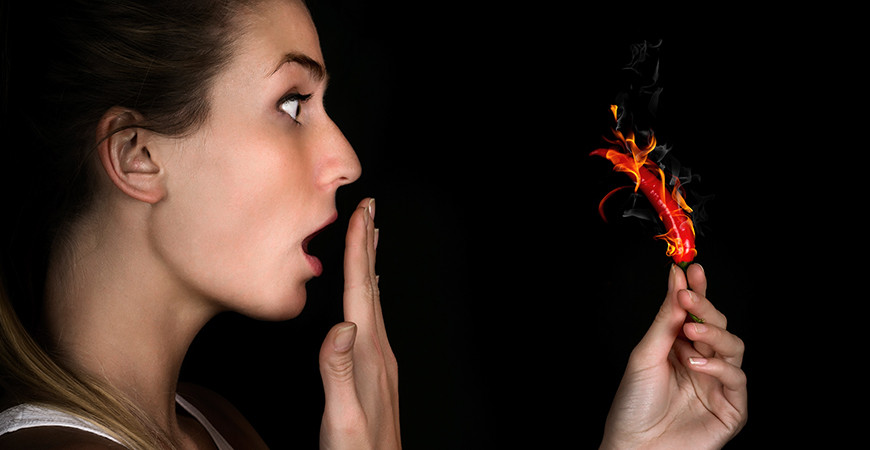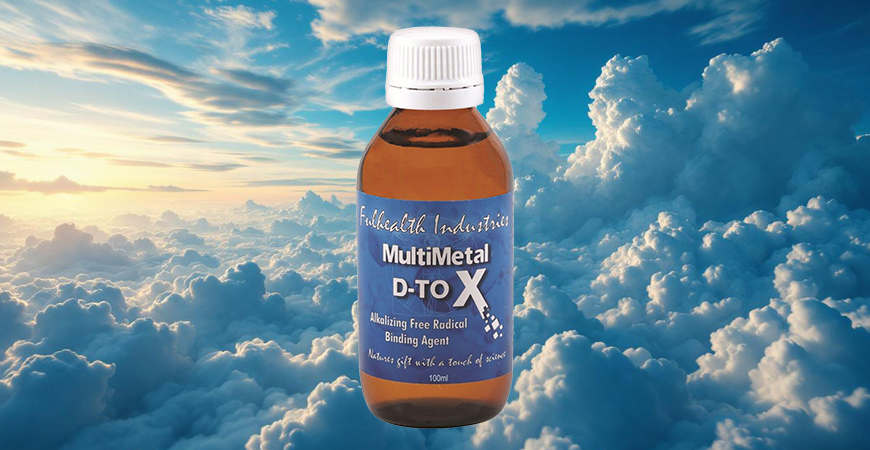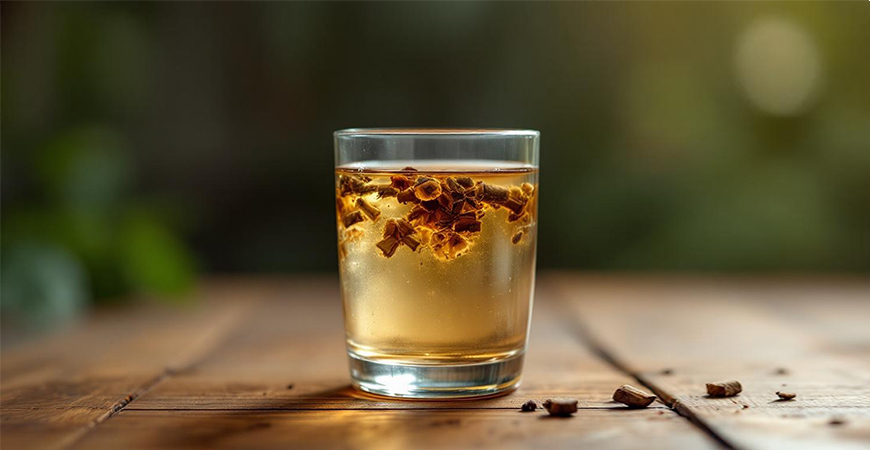How To Improve Your Metabolism
If you’re experiencing digestive issues or your body is having a hard time either building muscle or losing weight, maybe it’s time to familiarise yourself with your metabolism.
First understand this!
Your metabolism doesn’t care what foods or liquids you ingest.
The metabolism’s role is to efficiently breakdown whatever is in the stomach for absorption.
Your metabolism will attempt to breakdown a rubber pipe if you consumed it.
So in a funny way the strength of your metabolism is directly proportional to the nutritional density of everything you ingest.
Hence when you feed your body crap, your body suffers.
Onto the road of repair
When your metabolism isn’t functioning as it should, vital nutrients that should have been absorbed into your blood stream, don’t get absorbed and unfortunately out of your body they go via the exhaust (the large intestine).
Just wasted energy!
Based on countless studies, when metabolic function is impaired, your body will attempt to store fat.
Or on the other spectrum, due to metabolic deficiencies your body won’t be able to access the nutritional requirements that are necessary to rebuild and generate muscle.
So metabolic fitness is crucial to vital living.
With regard to livingness, what do you reckon is the most concentrated form of energy the body uses?
Most people think sugar but it’s FAT!
Sugar isn’t ‘actually stored’ in the body as it is by nature carried throughout the body.
And sugar can corrupt!
So if you have an abundance of fat, you’re actually in a better position than one who has no fat particularly when muscle generation is the goal.
It’s easier to build muscle if you already have an abundance of stored fat energy than it is if you have no fat.
That’s why weighing yourself is a bit of a time-waste when one embarks on a weight loss program that involves resistance weight work!
When you start building muscle, your body measurements can go down but your overall body weight can go up.
That’s simply because muscle weighs more than fat!
So presuming you’re lucky enough to be abundant in concentrated energy… fat, what’s the best way to transform this fat into lean muscle not bulk muscle?
By improving your body’s ability to BURN that fat.
And the way to do that starts with building up your digestive fires.
Choosing when, what and how to eat
To start with the when and what, imagine you’re going to camp out for the night.
You know, the tents, the stars, the mozzie’s and best of all the camp fire.
There’s nothing quite like a camp fire to keep you warm once the sun goes down.
Using your fire you can cook up some food and heat water for a warm broth, soup, cup of tea, whatever is your liking.
To produce this heat (energy) to perform all these functions, you’ll need to start a fire and keep this fire alight.
Obviously to build a fire up, your first step is to have access to fuel (in your body’s food) in the form of small twigs and sticks.
You don’t start a fire with logs!
You use small twigs and sticks.
Once you have a small flame burning, you can continue adding combustible fuel to this small fire of twigs and sticks until you have a small fire that is burning well.
And as every good boy scout and girl guide know, the best way to build-up the heat and energy of your fire (so you can burn more fuel (fat), is to build-up a good thick layer of red-hot coals under your fire.
You do this by feeding your fire regularly and also making sure there is a good supply of fresh oxygen available to feed and support your fire.
Over time, once you’ve built up a good bed of hot coals, you can put your bigger branches and bigger logs (more complex foods and sugars in dietary terms) on as your fire can now easily cope without suffocating with the more concentrated forms of fuel.
Can my digestive fires go out?
Not in a literal sense, but with any fire and especially the digestive fires of the human body, if your digestive fires have been smouldering for various reasons for a prolonged period of time, digestive function will lose burning memory.
If you feel you’re having drama’s absorbing the nutrients contained in the foods and liquids you consume, it’s a sure sign that your bed of coals that ultimately supports your digestive fires (your saliva’s) has been compromised.
If this is the case, then just like a camp fire, when you wake up to this fact (like waking up in the morning when you’re camping), the way to rebuild your fire up with your coals in smoulder mode, isn’t to add big branches and logs!
So after sleep, how should I maintain my digestive fires?
Understand that the first function of your digestive fires starts in your mouth… your mouth saliva!
This is why chewing all your foods into a liquid solution is the key to ALL digestive health.
Apart from the well masticated consumables, every morning at breakfast (when you break-the-fast), tis best to return to the beginning of your camp fire building by again adding small twigs and sticks to build up a fire.
Small twigs and sticks in human terms is fruits, vegetables, seeds and grains.
This way you will help build your digestive saliva’s up (the alkalising & digestive processes of your body) so you can metabolise as many of the nutrients contained in the food you have eaten with as little burden placed on your body as possible.
Consuming easily digestible food throughout the morning, means that by mid-morning and lunch time you will have a small fire that is again producing good heat and can easily burn more concentrated fuels like foods that contain lot’s of fat.
After waking, when you feed your fire coffee, soft drinks, bacon, eggs, meat (saturated fats and trans-fats), some margarine’s etc, it’s just like putting big indigestible logs onto a campfire whose coals are still smouldering from the night before.
Your internal fire is not fired up and will not maintain a sufficient heat to transmute the raw ingredients of these ingested foods and liquids, and as a direct result, your digestive process will labour leaving you wondering why you’re holding the weight and still putting on weight.
What if I choose to consume animal flesh?
You do as you do but know this!
The gastrointestinal tract of the human body is in no way designed to metabolise animal flesh.
The human body’s gastrointestinal is very long when compared any species that does eat meat.
If you do want to eat meat, don’t eat it first thing in the morning.
Meat is like big logs and branches to your digestive fires.
i’ve practiced a vegetarian diet since the age of 12 and i now realise the most valid reason i continue to abstain from animal based products is not physical.
It’s more spiritual to me.
i look but i cannot see the love in the slaughter of other loving sentient beings when it is not necessary!
Everything we require for great health and vitality can be found in vegetable based nutrition.
We have a choice now.
In days gone by we didn’t!
But if you believe eating meat is necessary, then practice only consuming animal flesh to the middle of the day.
Not at night time when your fires are starting to subside.
During the middle of the day when you’re active and moving, it’s easier for your body to start the process of removal.
There’s an old rule of thumb when it comes to what foods to eat and when which states…
- Fruit in the morning
- Salad vegetables for lunch and
- Root crops at night.
The protein myth
On that note if you’ve been told you can only get your protein intake by eating animal flesh, ponder on this.
Of the four physical kingdoms that make up planet Earth…
- Mineral kingdom
- Vegetable kingdom
- Animal kingdom
- Human kingdom
Right up to the Spiritual kingdom, there is only one kingdom on this planet that makes protein and it is not the animal kingdom.
It’s the vegetable kingdom!
Think regeneration… frequency… energy!
Breaking-the-fast
Returning to the matter at hand, a little tip for the efficient utilisation of fats has to do with the processes of metabolic waste removal.
To keep it really simple, it is advised to abstain from eating anything in the morning until that you’ve experienced your first bowel motion for the day.
It’s like making sure your exhaust pipe is functioning before you load up the car.
Starting with how and what you first present to your body when you first arise in the morning is why breaking-the-fast (breakfast) is considered the most important meal of the day!
Related articles
A Receptive Bowel For Good Health



